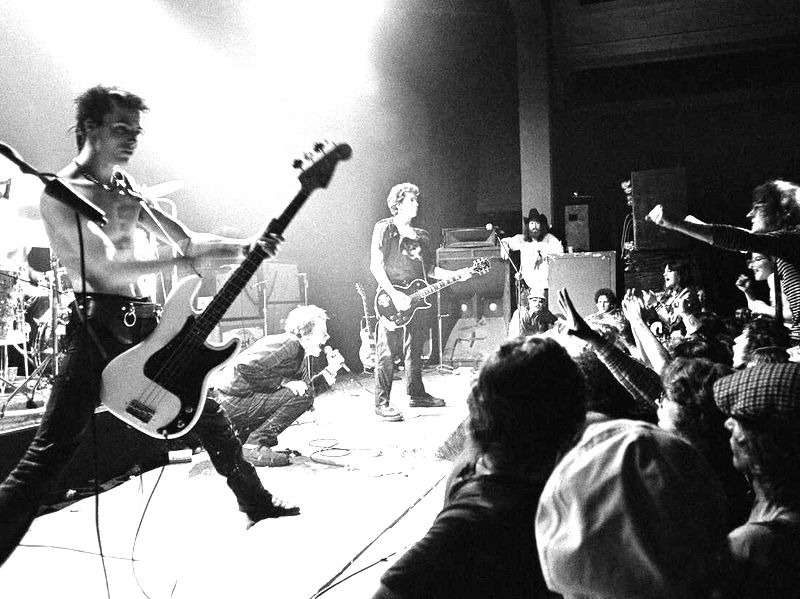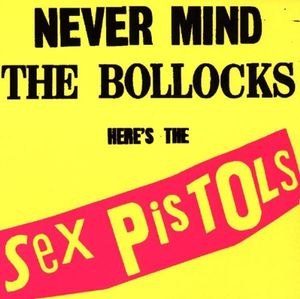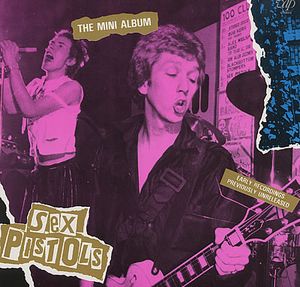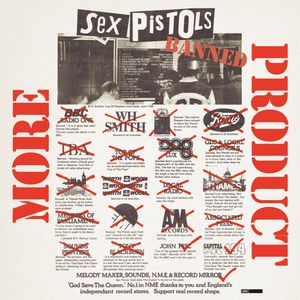

Sex Pistols
Follow Your Favorite Band Today!
Top Sex Pistols Community Posts
Story of Sex Pistols
The Sex Pistols: A Punk Revolution
The Sex Pistols, formed in the grimy underbelly of London in 1975, were more than just a band – they were a cultural earthquake. Their blistering, two-and-a-half-year existence ignited the punk movement in the UK, leaving an indelible mark on music history.
Their initial lineup, a raw and rebellious quartet, featured the snarling vocals of Johnny Rotten (John Lydon), the razor-sharp guitar of Steve Jones, the relentless rhythm of drummer Paul Cook, and the melodic bass lines of Glen Matlock. The latter was replaced by the infamous Sid Vicious (John Richie) in 1977, adding an element of chaos that became synonymous with the band.
Under the guidance of the enigmatic Malcolm McLaren, the Pistols embraced controversy. Their infamous TV interview, riddled with obscenities, shocked the nation, catapulting them into the spotlight. Their anthem, "God Save the Queen," released during the Queen's Silver Jubilee, was a scathing critique of the monarchy, branded "fascist" by the band. The song's immediate ban by the BBC and nearly every radio station in Britain cemented its place as the most censored record in UK history.
Their debut album, Never Mind the Bollocks, Here's the Sex Pistols, released in 1977, reached the top of the UK charts, solidifying their status as punk rock pioneers. The album's raw energy and defiant lyrics became a soundtrack for a generation disillusioned with the establishment.
Despite their meteoric rise, the band's internal tensions simmered. In January 1978, at the end of a tumultuous US tour, Rotten famously declared the band's demise on stage. The remaining members continued to record for McLaren's film, The Great Rock 'n' Roll Swindle, documenting their tumultuous journey.
The Sex Pistols' impact goes beyond their music. Their ripped clothes, safety pin jewelry, and mohawks became iconic symbols of the punk aesthetic, inspiring countless artists and shaping a generation's look and attitude. Their rebellious spirit and confrontational style continue to resonate today, proving the Sex Pistols' enduring legacy as the architects of a punk revolution.
Frequently Asked Questions
Bands you may like
More Punk Rock Bands
Discover more bands in the Punk Rock genre and explore the diverse sounds that define this musical style.
Browse All Punk Rock BandsMore Bands from United Kingdom
Discover the rich musical heritage of United Kingdom and explore bands that represent the country's unique sound and culture.
Browse All United Kingdom Bands



